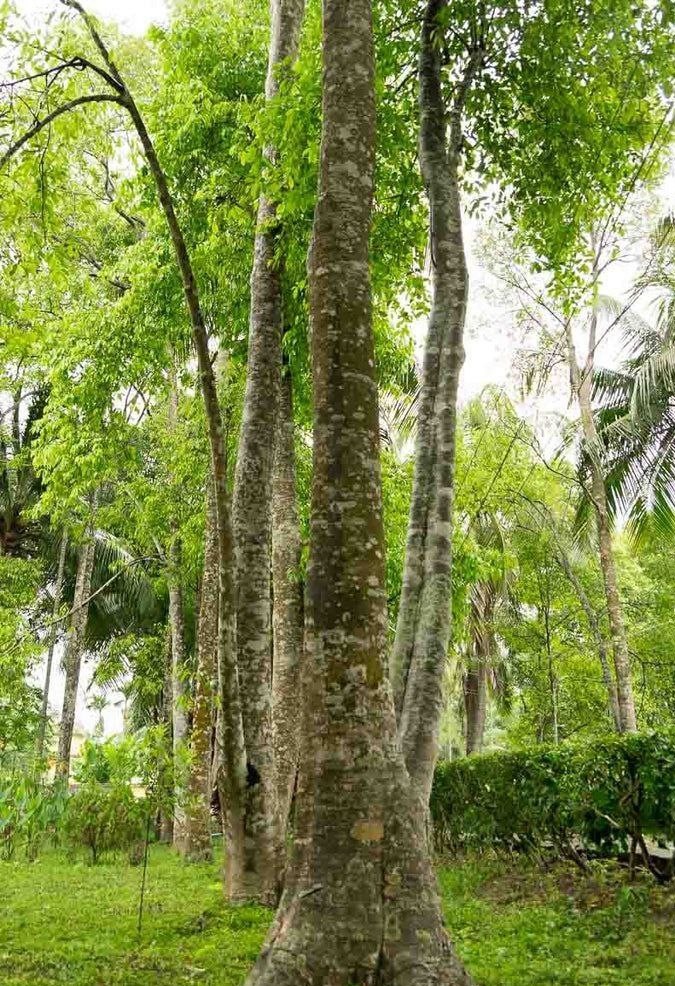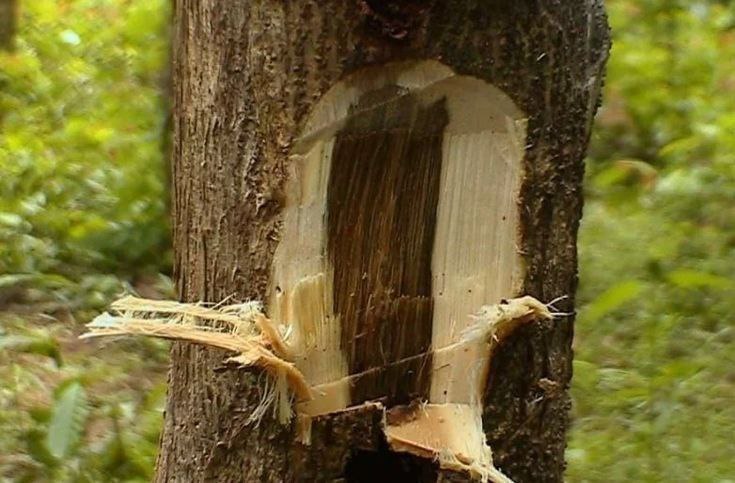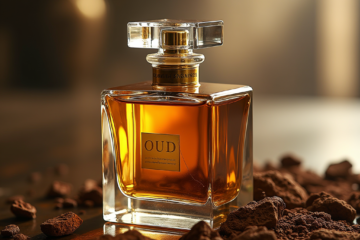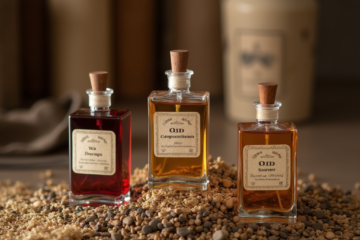Oud, also known as Agarwood or Aloeswood, is one of the rarest and most luxurious natural scents in the world. Derived from the heartwood of Aquilaria trees, it is revered for its deep, complex aroma, which has captivated cultures for centuries. This resinous wood, found primarily in Southeast Asia, has long been valued not just as a fragrance but also for its cultural and spiritual significance.
If you’re passionate about exotic perfumes or seeking to understand what makes oud so special, this guide will walk you through everything you need to know about agarwood, from its origin to its prized aroma.
Where Does Oud Come From? The Origin of Agarwood
Agarwood originates from trees of the genus Aquilaria, which belong to the Thymelaeaceae family. These fast-growing trees are native to tropical forests, ranging from the foothills of the Himalayas, across Southeast Asia, all the way to Papua New Guinea. The tree species is widespread in countries such as India, Cambodia, Burma, Laos, Sri Lanka, Malaysia, Indonesia, and the Philippines.
At least 15 species of Aquilaria trees are known to produce this coveted resin. The process behind the formation of agarwood is fascinating and contributes to its unique properties.

Key Aquilaria Species That Produce Agarwood
Here are a few notable species of Aquilaria that yield high-quality agarwood:
- Aquilaria acuminata K.S.Sum.
- Aquilaria apiculata Merr.
- Aquilaria baillonii Pierre
- Aquilaria banaensis Valme
- Aquilaria bracteata (Merr.) Hallier f.
- Aquilaria citrinicarpa (Elmer) Hallier f.
Each species produces agarwood with subtle variations in fragrance, color, and quality, contributing to the diversity and richness of oud perfumes.
How Does Agarwood Form? The Magic Behind the Scent
The formation of agarwood is a complex and natural process that takes place within the heartwood of Aquilaria trees. But here’s the interesting part: agarwood is not naturally present in all Aquilaria trees. It forms only when the tree is under stress.
Triggers for Agarwood Production
Several environmental factors trigger the production of agarwood in an Aquilaria tree, such as:
- Fungal infections: The most common cause of resin production.
- Insect infestations: These intrusions often wound the tree.
- Physical injuries: Natural forces like wind or animal damage can stress the tree.
- Environmental stresses: Conditions like poor soil quality or drought can also lead to the resin’s development.
Once these stressors affect the tree, its defense mechanisms kick in, initiating the creation of agarwood. The tree releases a resin to protect itself, and over time, this resin transforms into the dark, aromatic substance known as agarwood.

The Resin Formation Process
Initially, when the Aquilaria tree is wounded, it exudes a colorless, odorless resin. This resin gradually changes due to the tree’s biological processes, turning into the rich, fragrant agarwood. As the resin saturates the affected parts of the tree, it darkens and becomes the dense, aromatic material cherished around the world.
The longer the resin sits in the tree, the more potent and valuable the oud becomes.
The Value of Agarwood: Why is Oud So Expensive?
Oud is often referred to as «liquid gold» due to its extreme rarity and high demand. Several factors contribute to its high value:
- Scarcity: Not every Aquilaria tree produces agarwood, making it a rare commodity.
- High demand: Agarwood is highly sought after in the fragrance industry, particularly in the Middle East and Asia.
- Complex harvesting process: Extracting high-quality agarwood requires skilled labor and time.
Because of these factors, oud can sell for thousands of dollars per kilogram, depending on its quality and purity. As a result, sustainable harvesting practices are now crucial to ensuring the survival of Aquilaria trees and maintaining the supply of this precious wood.
If you’re looking to buy oud products or explore agarwood’s different forms—whether it be essential oils, chips, or fragrances—Woodoud.com offers a selection of sustainably sourced, high-quality oud for discerning buyers.
The Cultural and Spiritual Significance of Oud
Oud is not just a scent but an experience. For centuries, this fragrant resin has been prized in various cultures for its spiritual, religious, and emotional value.
Historical and Religious Importance of Oud
- In Middle Eastern culture, oud is burned in homes and mosques, filling the air with its distinctive, lingering aroma during religious ceremonies and celebrations.
- In Japan, agarwood has been used in the art of Kōdō, or “The Way of Fragrance,” which is a form of incense appreciation.
- In Indian and Southeast Asian traditions, oud has been integral to meditation, where its deep, soothing scent promotes tranquility and mindfulness.
Because of its complex aroma, oud is believed to have grounding effects, helping users to connect with their inner selves during spiritual practices.
Oud as a Perfume
In the world of luxury perfumes, oud holds a place of honor. Its rich, musky scent blends well with other precious ingredients such as amber, musk, and sandalwood. Yet, despite these other iconic scents, oud stands alone in its opulence, offering a depth of fragrance that is unparalleled.
Whether you’re a perfume connoisseur or simply looking to explore new aromas, incorporating oud into your collection is sure to elevate your fragrance game.
Why Choose Sustainable Oud?
Due to overharvesting, many Aquilaria species are now endangered. However, the growing awareness of sustainable practices has led to more responsible oud cultivation. By choosing sustainably sourced oud, you are not only ensuring the longevity of this beautiful fragrance but also contributing to the conservation of endangered trees.
Conclusion: Oud – A Treasure of Nature
Oud, or agarwood, is more than just a perfume; it’s a sensory experience with deep cultural roots and incredible aromatic complexity. Whether used in spiritual practices, luxury perfumes, or simply to enhance personal well-being, oud remains one of the most revered natural scents in the world.





[…] What is Oud/Agarwood? The Exquisite Scent of Nature […]
[…] What is Oud/Agarwood? The Exquisite Scent of Nature […]
[…] What is Oud/Agarwood? The Exquisite Scent of Nature […]
[…] What is Oud/Agarwood? The Exquisite Scent of Nature […]